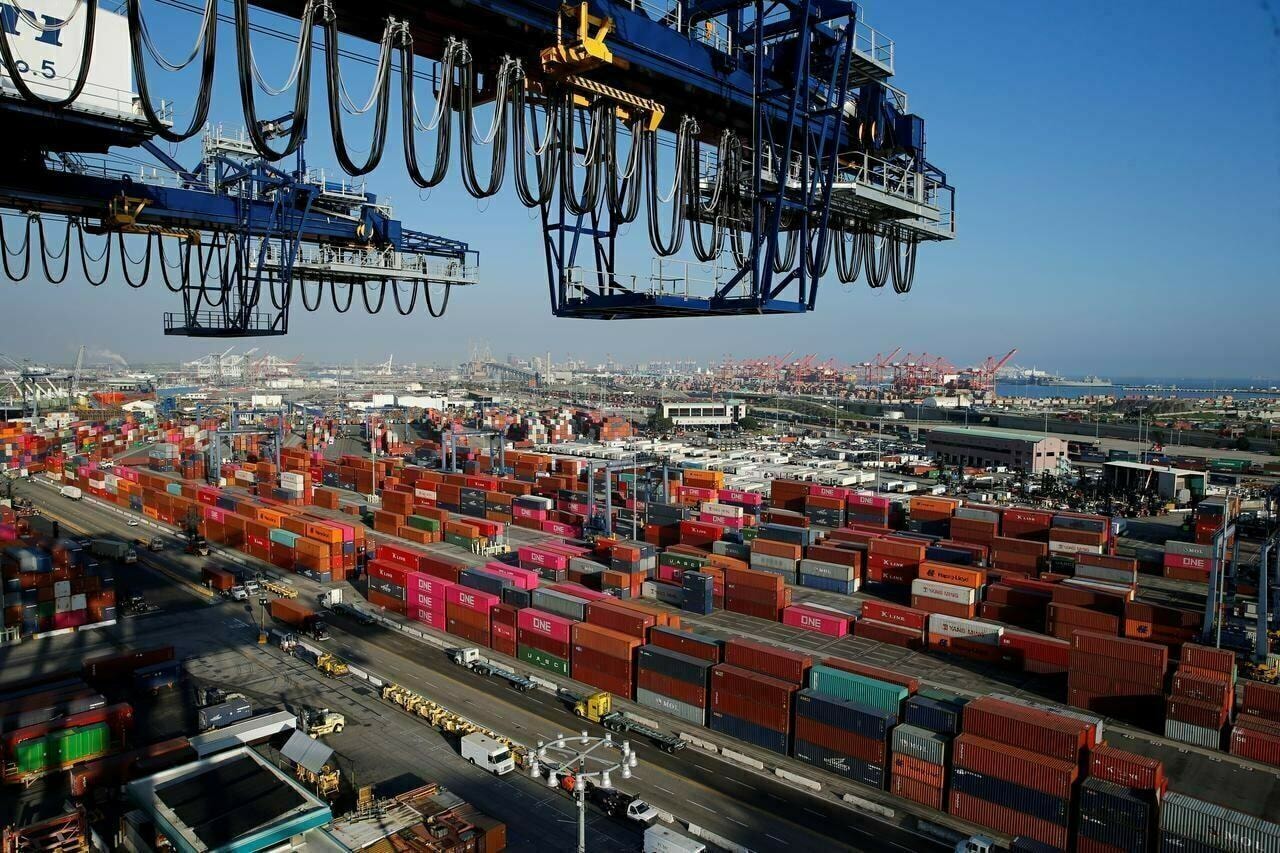Perplexed and checkmated by coalition partners and in panic to stem the nose dive of the country’s economy over the last over six weeks, the incumbent government has at last taken one meaningful decision. It has imposed a ban on the import of 38 non-essential luxury items under an “emergency economic plan”, which is likely to reduce the yearly import bill by $6 billion.
The list of banned items includes automobiles, mobile phones, household goods, construction fittings and fixtures, edibles, fine food and confectionery, toiletries, fine furnishings and furniture and similar items — all rightly described as luxury items affordable by the elite.
The FY2021 recorded country’s imports at $56 billion as against $44.5 billion in 2020 recording an increase of 26 percent amounting to $11.5 billion. Exports in the same year stood at $25.3 billion as against $ 21.4 billion in 2020 with an increase of 18.2 percent. The trade gap of $30.8 billion was mostly financed by workers’ remittances from abroad.
A trade gap of $30.8 billion, which is exponentially widening each year, should have rung alarm bells long time back for the government’s economic and financial wizards positioned in the ministries of commerce and finance. But the wizards of the country invariably only react when the damage that is often irreparable, has been done.
It is important to note that when the country opted for the IMF (International Monetary Fund) programme in 2018 year by year import figures should have been evenly balanced, with export figures. Imports should have been restricted to most essential commodities such as petroleum and fuel products for power generation and transportation, food products, raw material and plant and machinery for the industry and all that could have contributed to revenue generation in the country, leading to the much needed industrialisation and employment opportunities.
Over the last two decades, strategic planning has virtually disappeared from all our state institutions. It is no longer a national interest-driven process but is replaced by an ad hoc vote-seeking and politics-driven process, changing from one political leadership to another.
The country’s once much admired ‘Five Year Plan’ prepared by the leading economists of the Planning Commission of Pakistan and diligently implemented to steer the country’s economy with a long-term perspective has vanished. The programme was much admired by the emerging economies of the time and adopted by them. They are all now leading economies.
The decision by the incumbent government to slash import bill by $6 billion is a panic-driven decision to avert a likely default situation. It is too little and too late. The situation demanded the other way round where only the most essential imports should have been retained and all others slashed down. The benchmark being import figures balanced with export figures.
Moreover, the impact of $ 6 billion reduction in import bill would take time to have its fiscal impact in strengthening Pakistan rupee, reducing trade gap and boosting foreign exchange reserves.
The coalition government led by PML-N is at a cross roads to either walk out of the government and call immediate elections to avert the wrath of people if it opts to increase fuel prices and electricity tariffs, or it accepts the IMF programme and its conditions and tries to persevere till the end of current national assembly’s term.
The government has got itself into a tight spot. If it opts to walk out without setting the house in order, it may be catastrophic for its credibility. The party’s very decision would appear flawed, aimless and self-seeking, providing an opportunity to those who pushed the party into this situation to take it for a ride. Surviving another year in office, on the other hand, is a humongous task owing to a variety of factors such as widespread PTI protest, a beleaguered economy and unpredictable support of coalition partners.
Based on the first impression, the incumbent government may not be able to survive another year. Perhaps an intelligent and ground reality-based combination of the two available options might work well for PML-N. PML-N has a good chance to emerge out of the stalemate better, even on a positive note, by salvaging a hopeless situation in national interest at the expense of adverse political fallout by availing the IMF loan and implementing all its conditions. It will also be required to give a date for the general election in the country.
People would very soon get over the impact of hikes in prices of fuel and power as they have many times before; but they would not forget and forgive someone who has left them in the lurch.
Time for the incumbent government to take the decision is very limited. Inordinately delayed and flawed decisions in politics are not without severe consequences.
Copyright Business Recorder, 2022
The writer is a former President, Overseas Investors Chamber of Commerce and Industry






















Comments
Comments are closed.